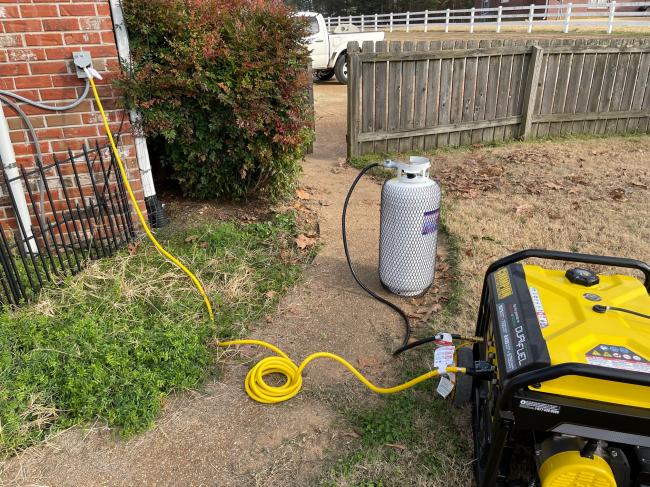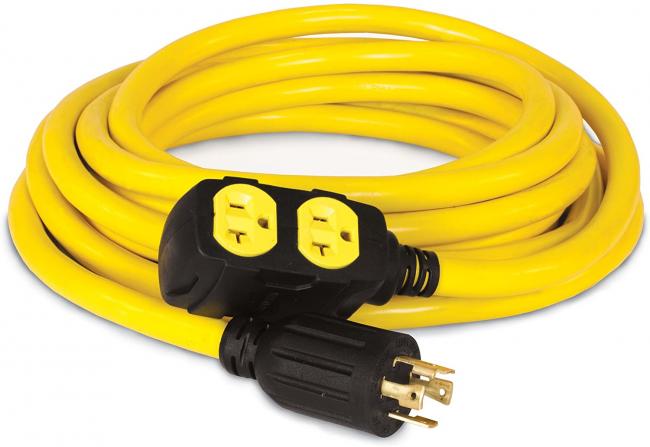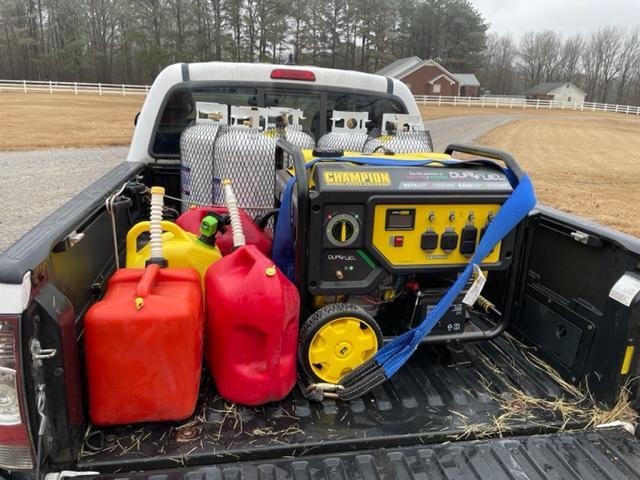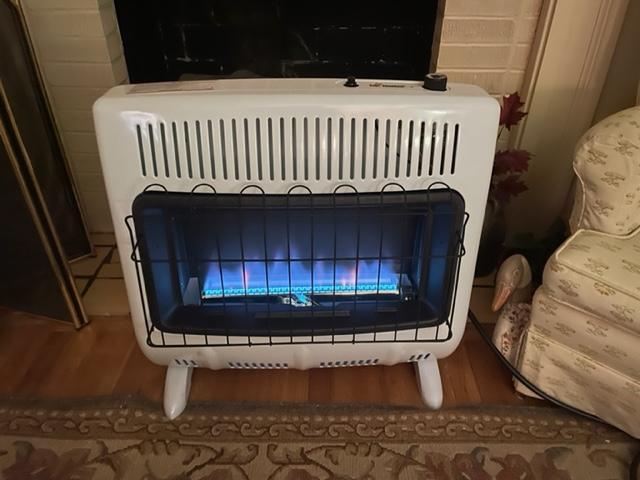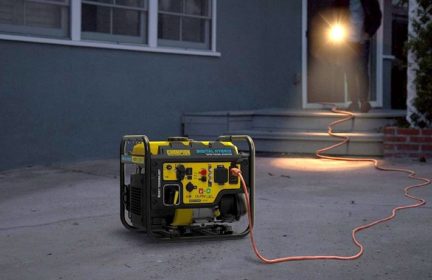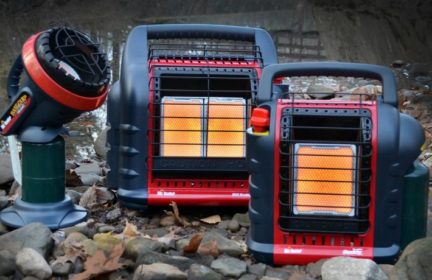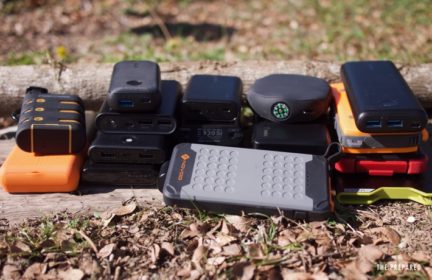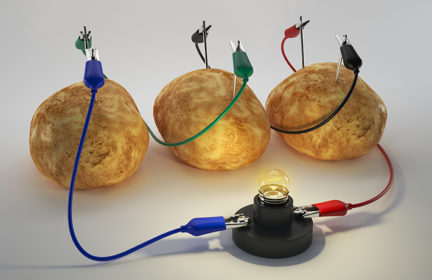Longer power outages – how will you adjust?
Many of us have experienced power outages and learned valuable lessons over the years. I would think ‘I wish I had done A, B and C beforehand and wish I had X, Y and Z during’. Those thoughts always lead me to improve my prepping. I have also learned many lessons here.
As time went on I was better prepared for each power outage.
But as time has gone on (I have been prepping for +30 years) I have become pretty confidant that I can handle many outages because when a weather emergency that threatens power rolls in I think ‘been there, done that, know what to do’.
My plan for the future is based on my experience in the past. And as my experience grows and grows I develop a cognitive bias – each problem will be as I experienced it in the past.
This is a big problem for my planning and reaction to power outages because fixing power outages is going to take longer for many reasons:
- The regional power grids are less able to substitue for the loss of power generators during bad weather because their are at full capacity now. Many coal generators have been shutdown and the systems have lost that extra capacity. Texas’ experience last winter is a good example but many regional systems are exposed to the same problem.
- Spare parts are hard to find. Many utilities are warning that it will take longer to restore power during this hurricane season because they can’t get replacement transformers from the Pac Rim on a timely basis. This problem will be with us for a few years, at least. Some utilities are exploring repairing or rebuilding damaged transformers themselves in the meantime.
- Staffing is becoming a bigger problem. I don’t mean the recent phenomenon of people staying home instead of working during COVID. For over 20 years it has become harder and harder to find people out of school that want to work outside with their hands. It’s made worse by the accelerating retirement of baby boomers.
I have been thinking about this a lot because this means my old assumptions don’t have the weight they used to have. Any my risk of being out of power has grown considerably; my wife’s health cannot tolerate cold or heat like she did.
Our house does not have a fireplace to put a wood stove. We use natural gas and if power goes out so does our furnace.
My solution is to install a 30k BTU natural gas heater on the wall like the one below. It is highly efficient and does not need a chimney. I used one of these 25 years ago and was very happy with it. You need a fresh air source – a cracked window – but they are really nice sources of heat when the power is out. And yes, I use CO2 detectors.
What are your thoughts about the changing reliability of our power grid and how will you plan and react?
-
Comments (12)
-

